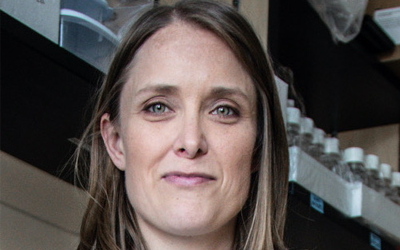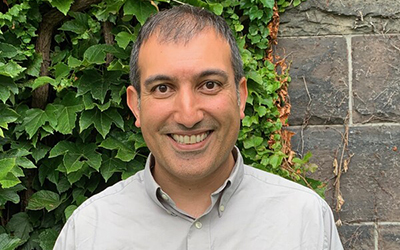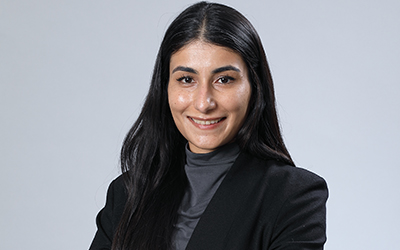Dr. Christina Gros, Simon Fraser University
$55,333 over 18 months equally funded by Michael Smith Foundation for Health Research and Parkinson Society British Columbia during the 2017 – 2022 research funding cycle. Each organization contributed approximately $27,666 to this project
Project description:
Glucocerebrosidase (GCase) is an important enzyme responsible for removing sugar residues from glycolipids. Patients with Parkinson’s disease (PD) exhibit decreased activity of GCase in the brain and in blood cells. Recent research has suggested that mutation of the GCase gene is the greatest genetic risk factor for developing PD. These findings have triggered intense research efforts and the GCase enzyme is now recognized as a very promising clinical target to assist with early diagnosis of PD, as well as assessing disease progression. Until now, because it is so difficult to isolate, there was no efficient way to monitor and quantify the activity of GCase within clinical samples.
Dr. Christina Gros has developed a chemical probe that is better able to quantify GCase activity. Dr. Gros explains, “with just a blood sample from a patient, we can select cells and use our chemical probe to measure GCase activity. Our goal is to see if we can use these measurements of GCase activity to enable earlier detection of Parkinson’s disease, before we can even see any behavioural symptoms.”
With the development of this new technique, Dr. Christina Gros hopes to implement a new diagnostic tool for PD patients. This method of testing will be used in clinical studies to further characterize the relationship between PD progression and GCase activity. In the future, it may also be used to evaluate therapeutic approaches in a quantitative and non-invasive manner.







